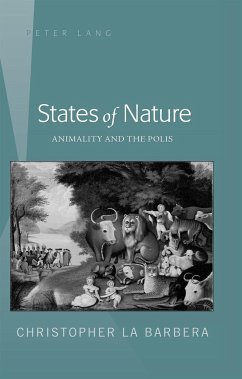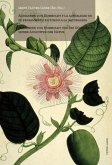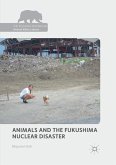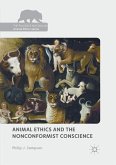States of Nature investigates the removal of the animal and its moral import from accounts of the human in political thought. By engaging some of the most foundational Western political texts (from Plato's Republic to Locke's Two Treatises to Rousseau's Discourse on Inequality), this work shows how the human and animal are intertwined in the creation of government, and in particular, in social contract theory. These political transitions are connected to transformations in the view of human nature that lead to the suppression of the animality of human life, as seen in Descartes' account of the metaphysics of man. States of Nature concludes by arguing for a new, vital, and relational approach toward animality as a foundation for our animal and environmental obligations.
«Christopher La Barbera's book is an accessible, witty, and important analysis of the ways in which the human-animal divide in the history of political philosophy is the result of an exclusive concept of citizenship. This work adds to the growing literature on animal ethics that breaks out of the liberal assumptions of mainstream analytic approaches to these questions.» (Kelly Oliver, W. Alton Jones Professor of Philosophy, Vanderbilt University, Nashville, Tennessee)








